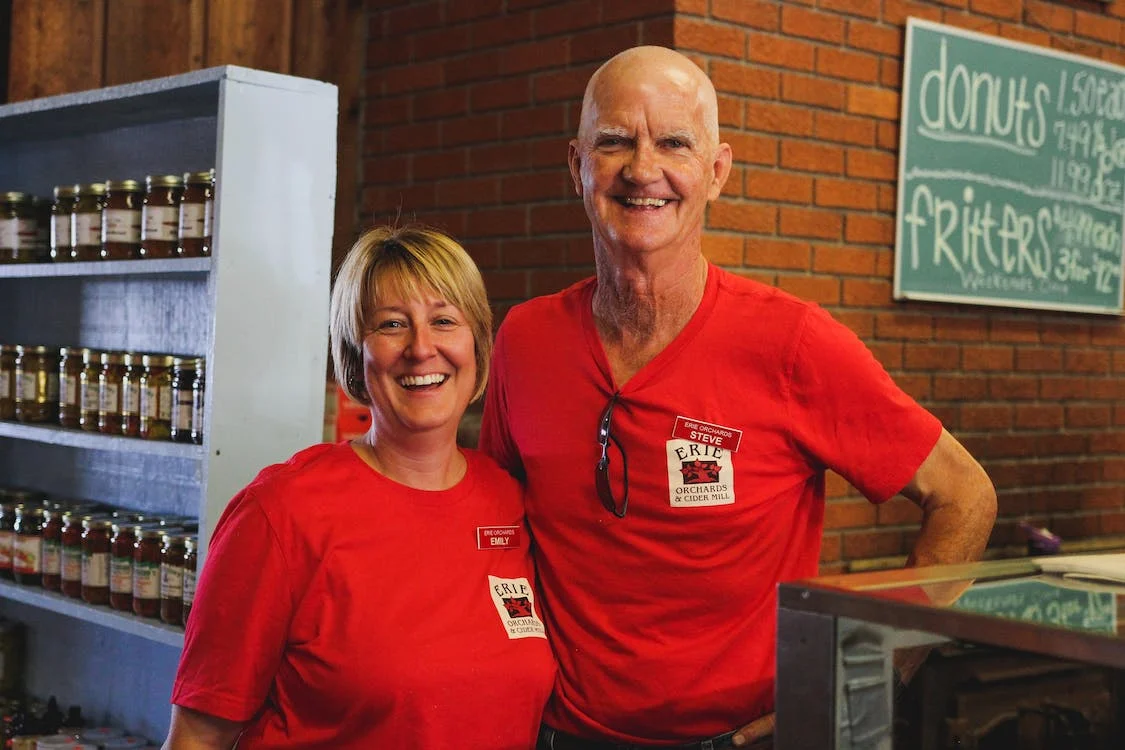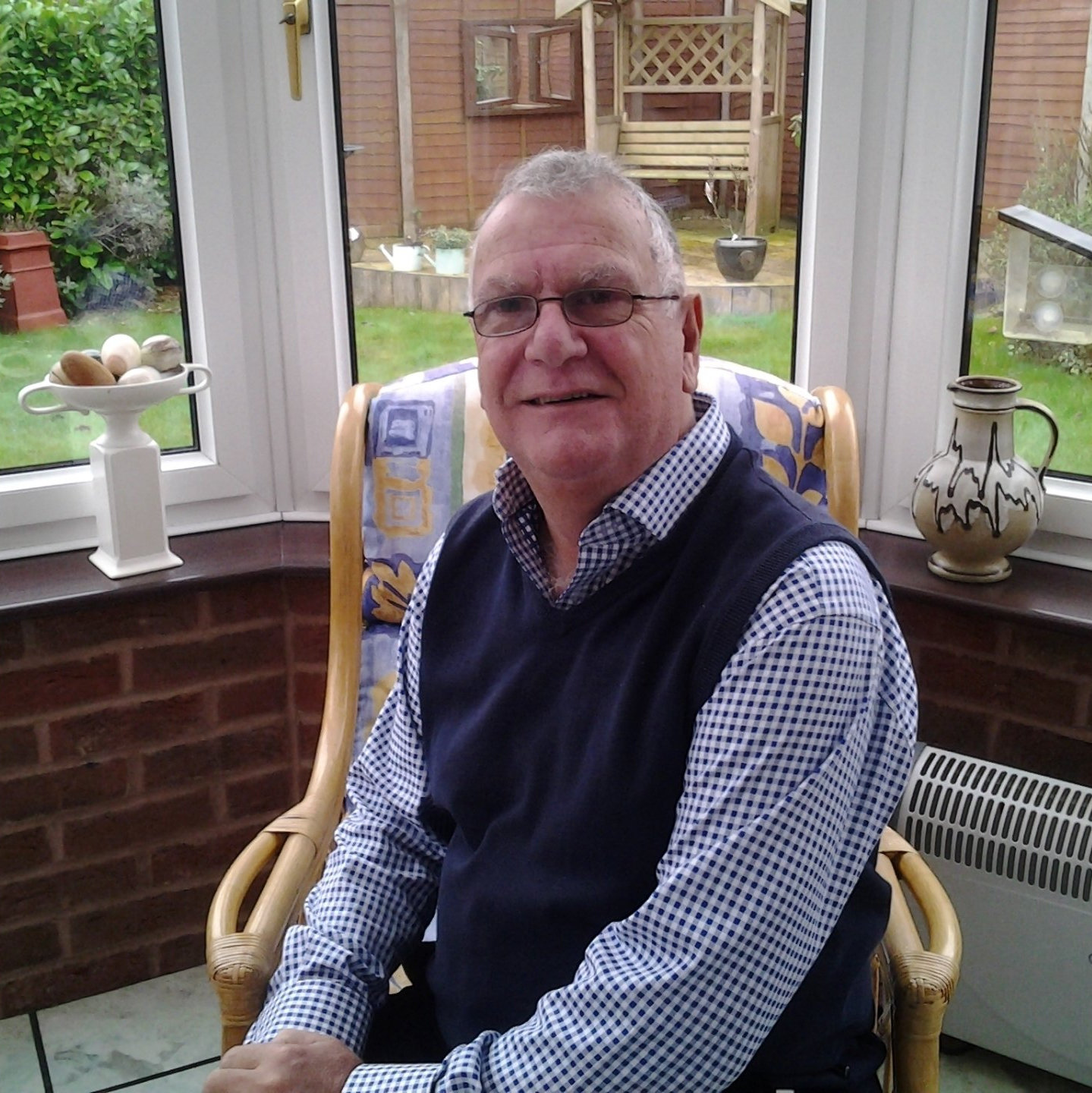by Ian Fielder
•
19 July 2021
Beware of the Gaslighter! It is becoming more and more common in my clinical practice to work with clients who have very low self-esteem and lacking confidence who may actually be in a narcissistic relationship and suffering from gaslighting! Gaslighting is a form of emotional abuse that’s seen in abusive relationships. It’s the act of manipulating a person by forcing them to question their thoughts, memories, and the events occurring around them. A victim of gaslighting can be pushed so far that they question their own sanity. Our client who is in this type of relationship is known as the ‘empath’ and firmly believes they are the one in the wrong. The term “gaslighting” comes from a play and subsequent movie called “Gaslight.” In the 1944 movie, the devious husband, played by Charles Boyer, manipulates and torments his wife, played by Ingrid Bergman, to convince her that she’s going mad. Gaslighting, whether intentional or not, is a form of manipulation. Gaslighting can happen in many types of relationships, including those with bosses, friends, and parents. But one of the most devastating forms of gaslighting is when it occurs in a relationship between a couple. When we first meet our client, we are listening to their presenting issues and need to spot the narcissistic/empath relationship which can be difficult to determine especially if the client continually accepts that everything is their fault. So, what are the typical signs that we can look out for when obtaining the background of the client’s relationship. The narcissist (gaslighter) will often prey on the vulnerable and seek out those with low self-esteem or maybe someone who has come out of a toxic relationship. The empath can then be subject to love bombing with the gaslighter deliberately placing them on a pedestal making them not only feel very special but they can be easily convinced their new partner really is THE special one. The empath is then gradually caught like a fly in a spider’s web allowing the gaslighter to then begin their controlling behaviour. There can be obvious tell-tale signs like the narcissist dictating where and with whom they socialise. The empath is persuaded to lose contact with their good friends and even their relatives. The empath is always being told they’re wrong and the gaslighter will blatantly lie and then deny something they previously have said or did. Many empaths in describing their experiences say that the gaslighter is constantly cruel and then they do something extraordinarily kind. The empath just focuses on the good thing and blames themselves for all of the bad experiences. As a rule of thumb, the gaslighter will do nine horrible things to every kind act. When working with our clients, gaining information about their situation, we can look out for the following traits which maybe are strong indicators they are being gaslit. Lying and Exaggerating. The gaslighter creates a negative narrative about the empath (“There’s something wrong and inadequate about you”), based on generalised false presumptions and accusations, rather than objective, independently verifiable facts, thereby putting the empath on the defensive. Repetition. Like psychological warfare, the falsehoods are repeated constantly in order to stay on the offensive, controlling the conversation, and dominating the relationship. Escalating When Challenged. When challenged on their lies, the gaslighter escalates the dispute by doubling and tripling down on their attacks, refuting substantive evidence with denial, blame, and more false claims, sowing doubt and confusion. Wearing Out the Victim. By staying on the offensive, the gaslighter eventually wears down their victim, who becomes discouraged, resigned, pessimistic, fearful, debilitated, and self-doubting. The victim begins to question his or her own perception, identity, and reality. Forming Co-dependent Relationships. Co-dependency is "excessive emotional or psychological reliance on a partner.” In a gaslighting relationship, the gaslighter elicits constant insecurity and anxiety in the empath, thereby pulling the empath by the strings. The gaslighter has the power to grant acceptance, approval, respect, safety, and security or to take them away. A co-dependent relationship is formed based on fear, vulnerability, and marginalisation. Giving False Hope. As a manipulative tactic, the gaslighter will occasionally treat the victim with mildness, moderation, and even superficial kindness or remorse, to give the empath false hope. In these circumstances, the victim might think: “Maybe he’s really not THAT bad,” “Maybe things are going to get better,” or “Let’s give it a chance.” But beware! The temporary mildness is often a calculated manoeuvre intended to instil complacency and have the victim’s guard down before the next act of gaslighting begins. With this tactic, the gaslighter also further reinforces a co-dependent relationship. It is key when working with the empath to restore their self-confidence, helping them to be aware of the present and feeling grounded. Self-awareness is important when you are sensitive to other people’s feelings so encourage them to recognise the need for alone time. Get them to spend time with their own emotions and allow their feelings to be without judgment. Help them to learn what triggers them in a negative way and to restore their feelings of joy. When they become more aware of their own feelings, moods, and triggers, it is easier for them to be aware when they are picking up on someone else’s energy. Being more self-aware will enable them to cultivate different ways to acknowledge emotions that do not belong to them without absorbing them. It is key that they recognise and become aware that a narcissist always has an agenda which is rarely anything to do with the client’s best interest. I often describe to the client they are playing a game where the rule book is hidden from them! A useful intervention that has been successful in my practice when working with an empath is to show them how to de-escalate situations. Often the gaslighter wants to escalate a situation to force the empath to take the blame resulting in verbal or physical abuse. When the empath refuses to accept the blame and changes the subject to mundane topics, the gaslighter gets confused and fails to continue their familiar escalation traits. Having empathy can be a gift that helps the empath connect with others. The key to being empathetic without the negative side effects is to maintain a strong sense of self. If you are working with an empath help them to not absorb the negative energy around them, remember certain people and situations might be particularly draining for them and they may have to limit their exposure to them. Effective boundaries help them set limits based on their own needs, feelings, and energy levels. This way they can limit their exposure to those people that consistently drain their energy. There are ways to decrease a gaslighter's influence in our client’s life but unfortunately, many of these will boil down to one thing which is to get as far away as possible. Because gaslighters are so slippery and manipulative, their best bet is to cut off all contact. If they can't completely cut off contact, drastically reduce it. Gaslighters' payoff is knowing they've upset their partner so if you help your client to not react or act bored, they will usually leave them alone. Some suggest that they try giving a gaslighter "a taste of their own medicine" by yelling and manipulating right back. This usually only works for a very short term by shocking the gaslighter into silence, but the danger is they will soon retaliate and come back for revenge. This is definitely not recommended and can be a tricky game to play. Encouraging our client to start acting like a gaslighter, no matter how strong the temptation is, rarely works and will often result in a worsening situation. Finally, it is important to know that confronting a gaslighter almost never works. When the client tries to bring up their efforts to distort reality, the gaslighter will only distort it further and refuse to acknowledge what they're doing. The best option is of course to leave and cut off all communication with the gaslighter and to maintain "radio silence." If this is achieved, prepare the client to expect that the gaslighter will try everything in their power to get them back into their clutches. They have a need for constant attention and if they aren't getting it from a new relationship, they will usually try and rekindle the relationship, often by apologising and beginning the love bombing process once more. Ensure that the client knows that if they do leave the relationship, they must keep up no contact. Things will never get better with a gaslighter, only worse. In helping our client, the empath, who is living or dealing with a gaslighter, we must focus on self-esteem, self-assurance and confidence together with getting them to ground themselves We must keep in mind the way a psychologically healthy person should actually act. Now of course, if they have been around a gaslighter for a while, it can be easy to forget what that even looks like. We can always reinforce with our clients to remember that psychologically healthy people will always encourage expression of opinions and say what they mean and mean what they say. They will always support you even if they don't agree with you and let you know in a direct and kind way if you've hurt them. In a positive relationship we are capable of emotional intimacy and the mutual sharing of feelings and ideas. We trust others and will exhibit behaviours that are genuine and authentic One question I am often asked is how do we treat narcissists? The answer is easy, as narcissists are full of self-belief and cannot believe they are ever wrong, we rarely see them in our clinics! In an article on narcissists in Psychology Today, Washington University conducted three very well-constructed studies to determine whether narcissists have insight into their personality and reputation. They concluded that narcissists rarely change, mostly because they don't want to. They love their lifestyle. Researchers trying to reform narcissists have noted that a major impediment is their lack of self-awareness. They speculated that if narcissists received true feedback, they would change. The study suggests this is not the case. Narcissists are fully aware that they are narcissistic and that they have a narcissistic reputation. When working with an empath who recognises they are being gaslit, I think about the Clash’s hit single, ‘Should I stay or should I go’ and the chorus; ‘Should I stay or should I go now? If I go, there will be trouble. And if I stay it will be double’. All we are able to do is help our client with their self esteem and confidence and to be in the moment. It is never our role to make the decision for them. Published in the June 2021 edition of the National Hypnotherapy Society Newsletter Ian Fielder. Clinical Hypnotherapist, Trainer and Supervisor.















